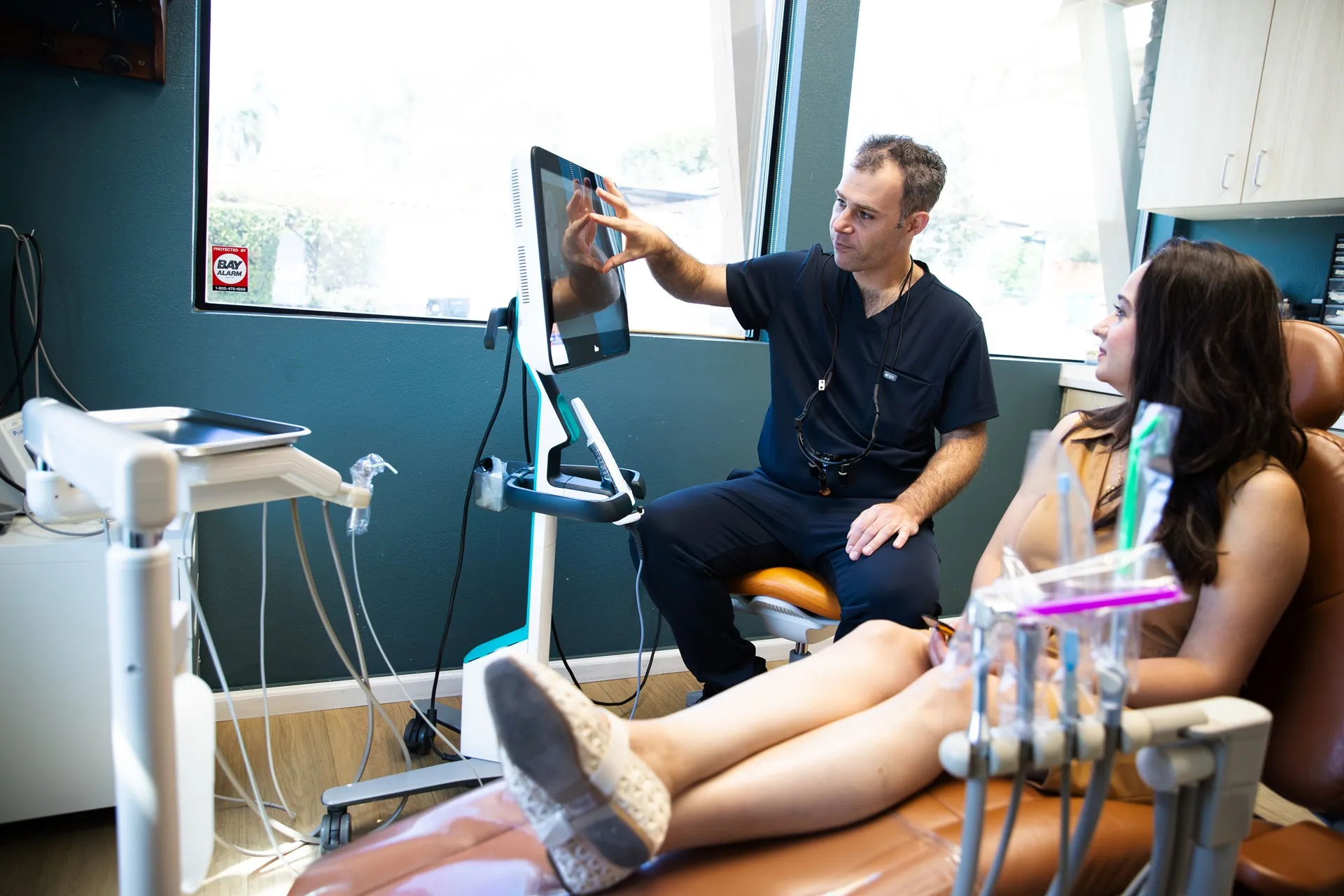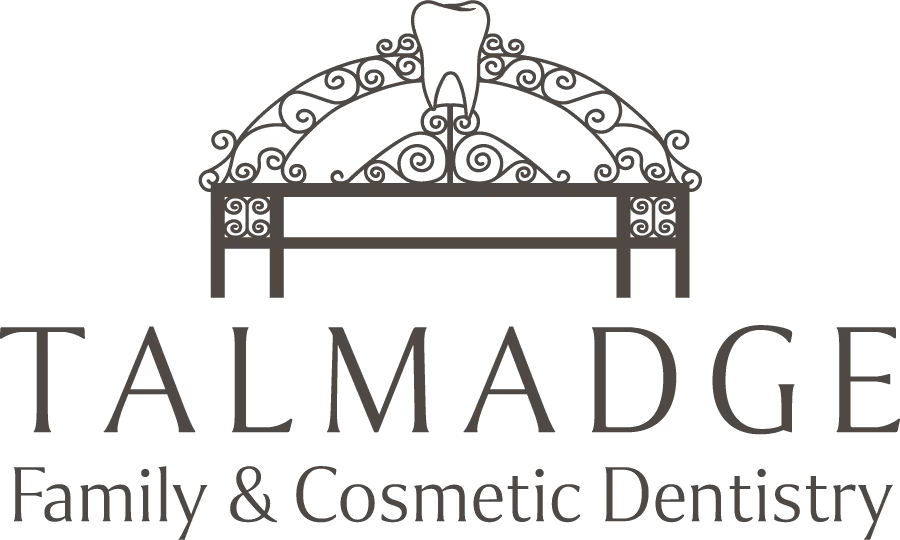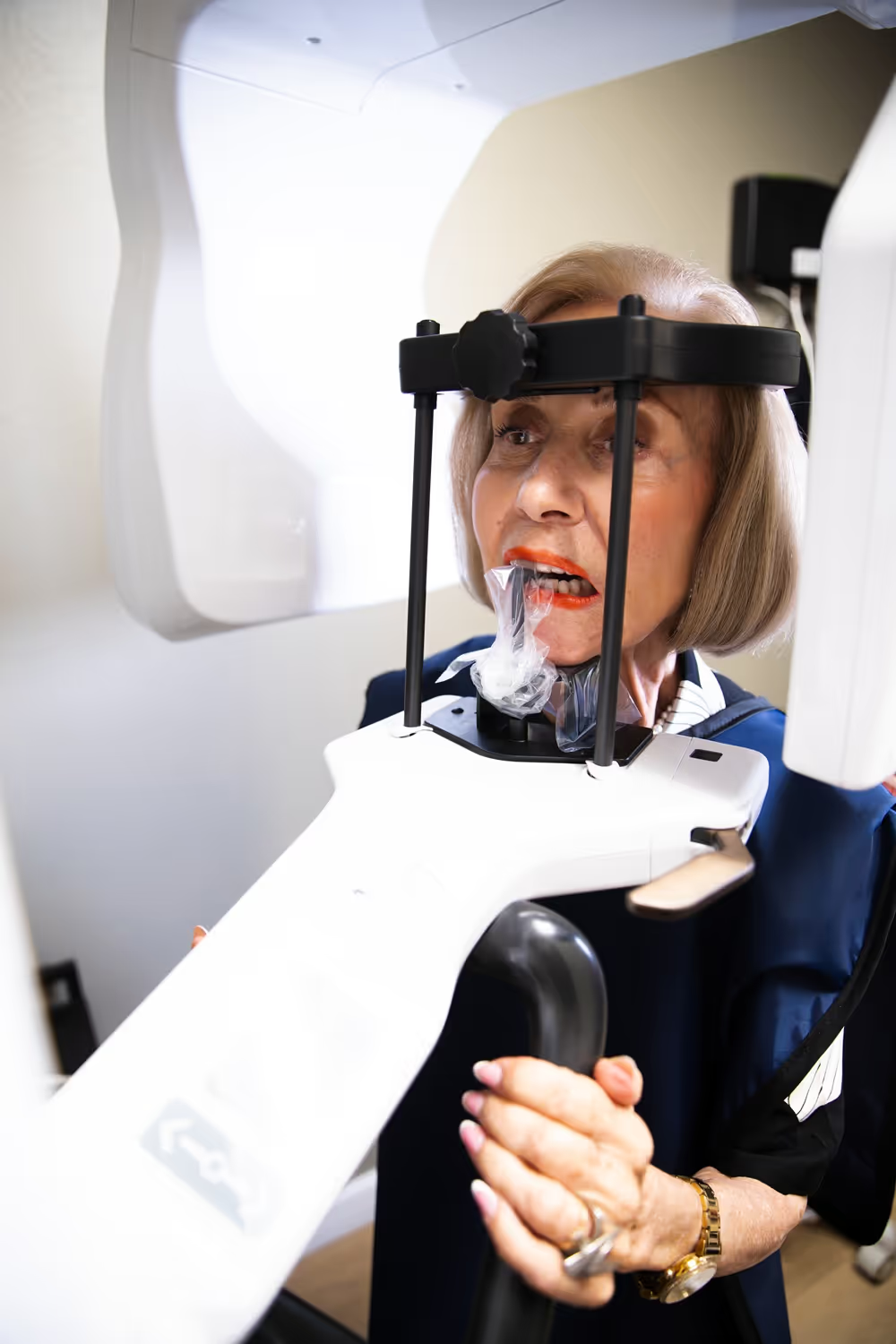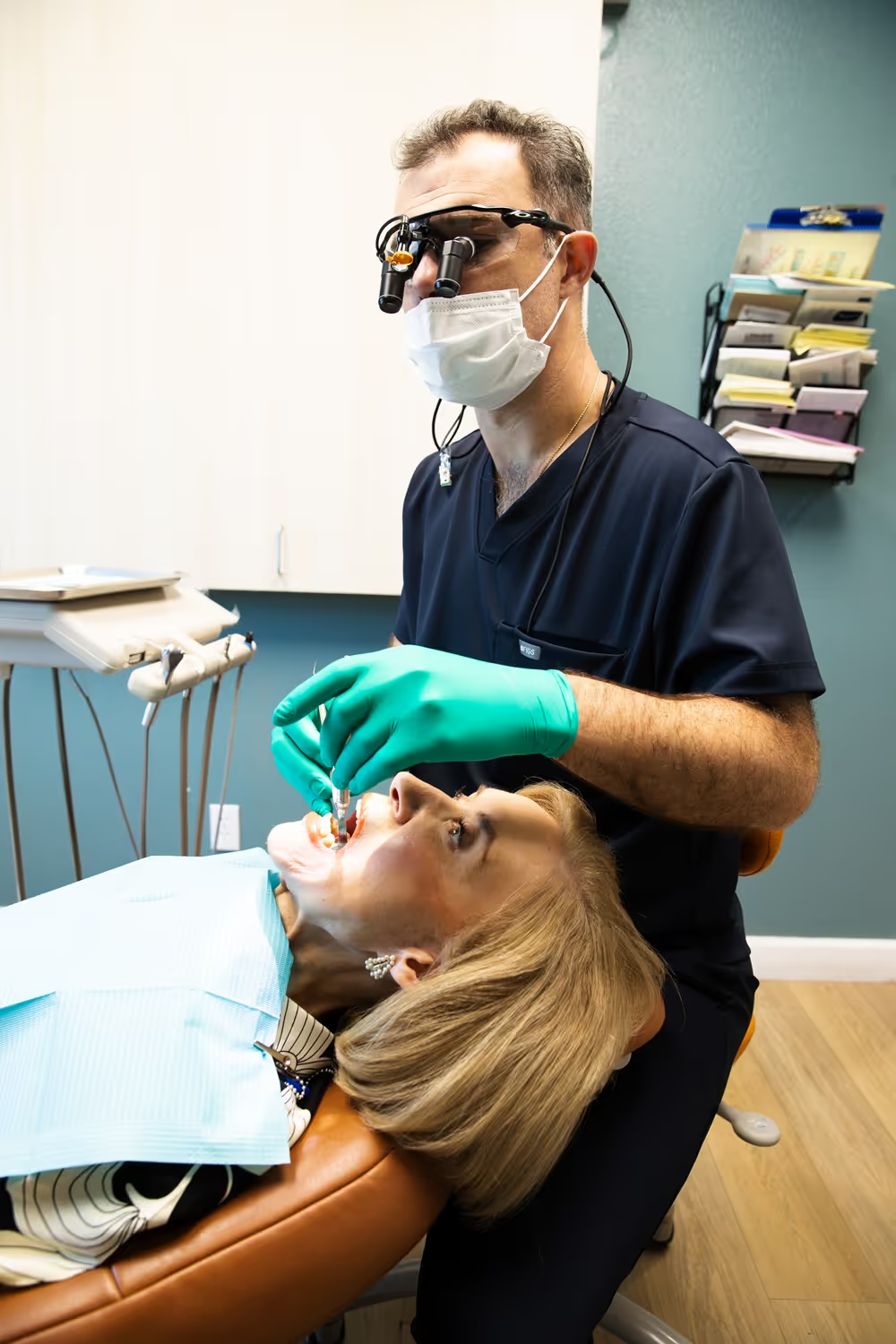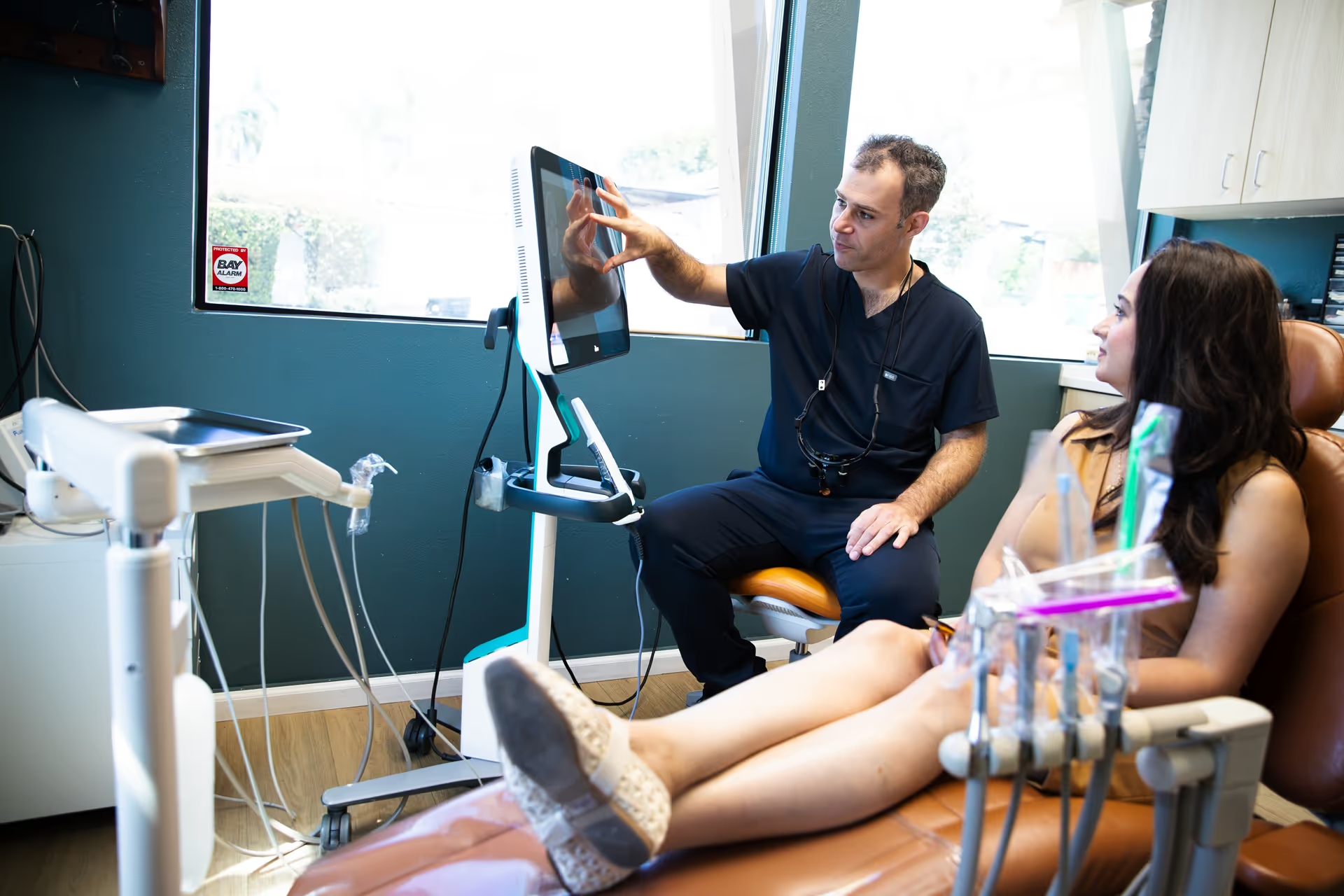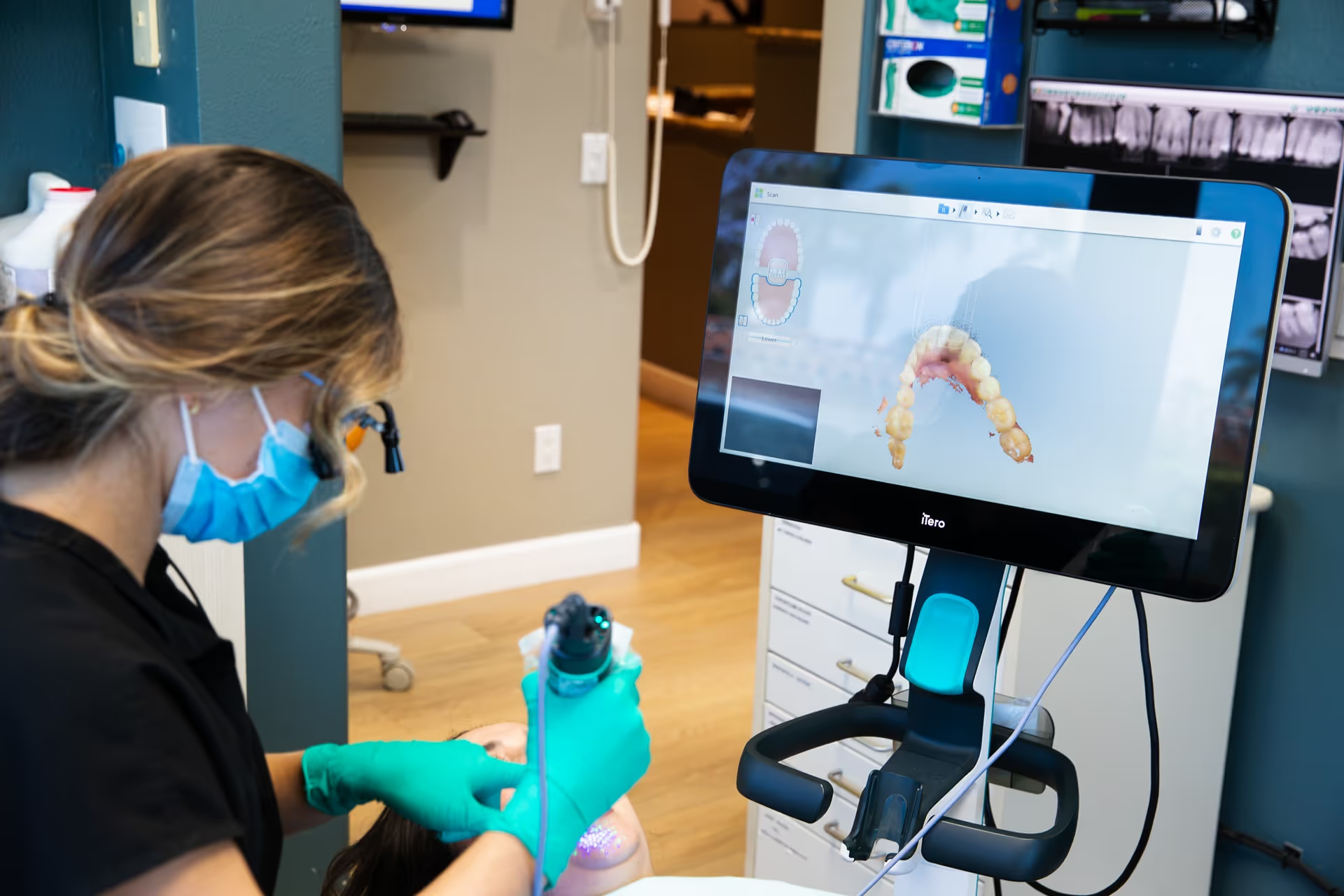
Emergency DentistIn San Diego, CA
Facing a dental emergency? Don’t wait—fast treatment can make all the difference. Reach out to our team immediately and let us help relieve your pain and protect your smile. Not sure if your issue qualifies as an emergency? Keep reading for helpful guidance.
Do I need emergency dental care?
It’s not always easy to know when dental issues need urgent care. But if you’re in serious pain, have had a sudden injury to your mouth, or notice something out of the ordinary—like a loose crown or swelling—it’s best to get in touch with us right away. We’ll listen to your concerns, walk you through next steps, and offer advice to help manage your symptoms until we can see you in the office.
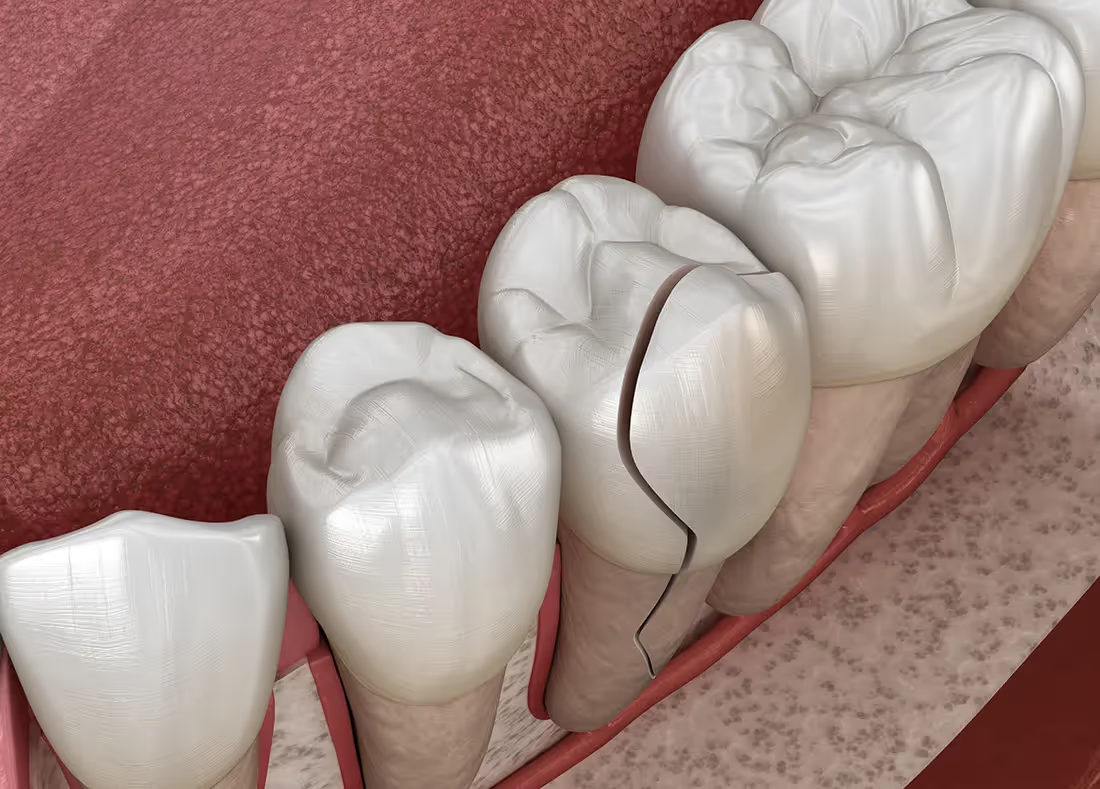
Same-Day Care
During a dental emergency, everything can happen so fast. If need to get help right away, give us a call and we’ll do our best to get you in on the same day.

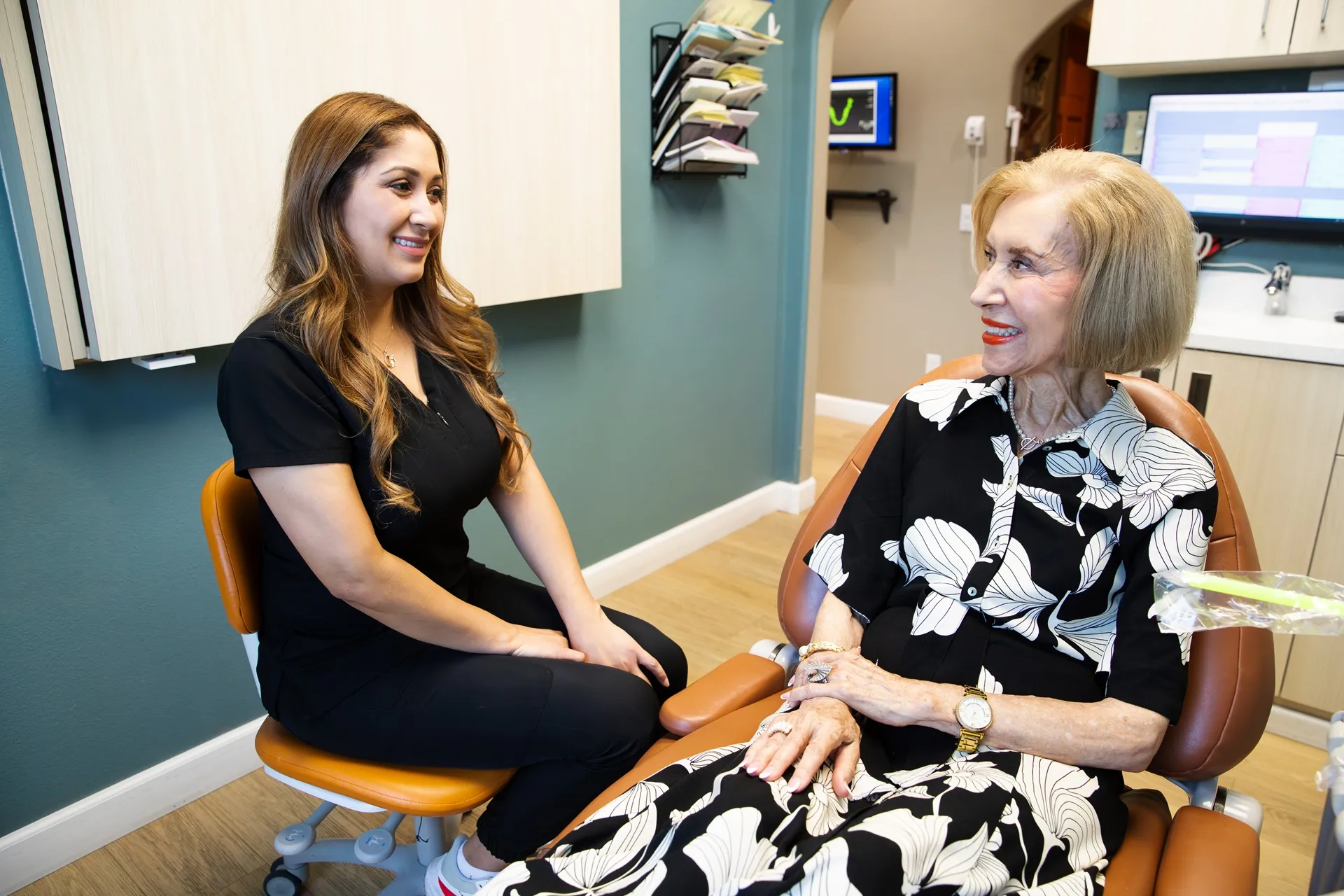
Find a solution to your dental emergency
No one plans to have a dental emergency, and that’s why we offer affordable emergency dental exams, so you don’t need to wait to get the care you need to relieve your dental pain.
Necessary X-Rays
Limited Exam
Treatment Plan
After-Hours Accessibility
Dental emergencies don’t follow a set schedule. That's why you can always reach the doctor after hours in case of an emergency situation. Just give our office a call and our answering machine will guide you on how to reach Dr. Alex.

The Benefits of Emergency Dentistry
Fast Relief From Pain
Don’t let pain control your day. Our team is ready with solutions to ease discomfort and get you feeling better, fast.
Restore Your Smile
Injuries and infections can affect your appearance and your confidence. Emergency treatment helps you smile again with pride.
Prevent Bigger Problems
Left untreated, small dental issues can lead to serious complications. Emergency care stops problems before they escalate.
What do I do in a Dental Emergency?
FAQs
Frequently Asked Questions
Check out these frequently asked questions, or call us to speak with our team.
Act quickly—knocked-out teeth have the best chance of being saved if treated within an hour. Hold the tooth by the crown (top part), rinse it gently with water if dirty, and try to place it back into the socket. Don’t force it. If it won’t go back in, store it in a container of cold milk or saliva and bring it with you to your emergency appointment. Avoid touching the root to prevent further damage. The sooner we see you, the better the chance we can successfully reimplant the tooth.
If a dental restoration falls out, try to keep it safe and bring it with you in a sealed plastic bag or small container. Avoid chewing on that side of your mouth, and stay away from very hot, cold, or sugary foods that could irritate the exposed tooth. A lost filling or crown can leave your tooth vulnerable to bacteria and damage, so don’t delay. Contact our office and let us know what happened—we’ll do our best to get you in quickly and restore your smile.
A toothache that lasts more than 1–2 days, especially if it’s throbbing, may be a sign of infection or an abscess. Try rinsing with warm salt water, applying a cold compress, and using OTC pain relief to stay comfortable. But remember, these are only temporary fixes. A dentist needs to assess the cause of the pain to provide long-term relief. Depending on the severity, we may recommend a root canal or other treatment to save the tooth and prevent the infection from spreading.
Even a small chip or crack can lead to bigger problems if left untreated. Rinse your mouth with warm water and apply a cold compress to reduce swelling. Avoid biting down or chewing on the affected side. If you’re in pain or notice sharp edges irritating your tongue or cheek, let us know. We’ll examine the damage and recommend the most effective repair—whether it’s bonding, a crown, or another restorative option.
If your tooth has been knocked loose from trauma or an accident, you may still have a chance to save it—but you need to act fast. Refrain from wiggling or pressing on the tooth with your fingers or tongue, as this can worsen the injury. Call our office right away. If treated early, we can often stabilize the tooth with a splint and give it time to heal and reattach to surrounding bone and gum tissue. Waiting too long could lead to tooth loss, so don’t delay reaching out.
